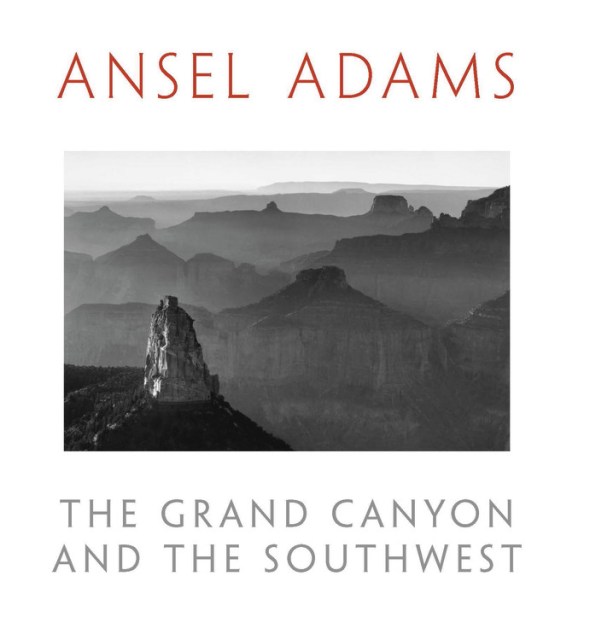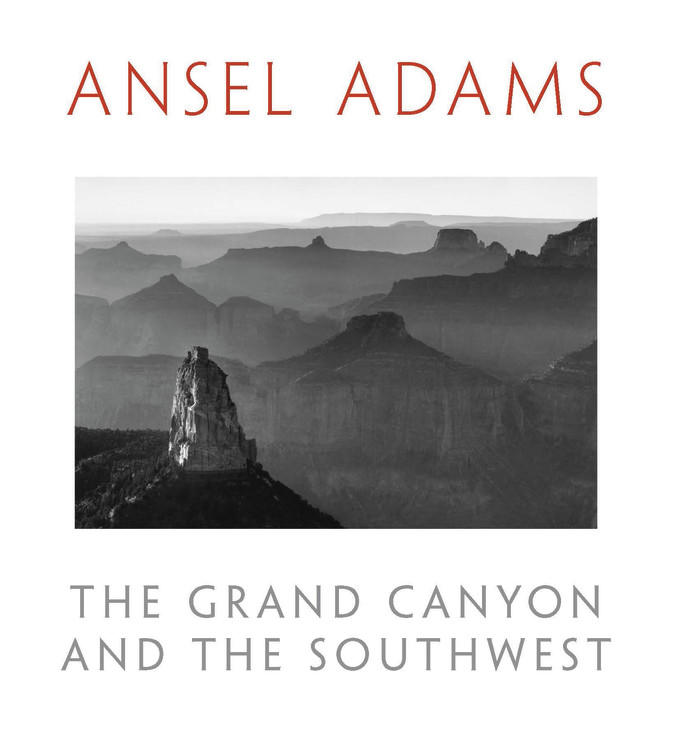The Grand Canyon and the Southwest
Contributors
By Ansel Adams
Edited by Andrea G. Stillman
Buy from Other Retailers:
- On Sale
- May 14, 2019
- Page Count
- 112 pages
- Publisher
- Ansel Adams
- ISBN-13
- 9780316534871
Honoring Grand Canyon National Park on its centennial, The Grand Canyon and the Southwest elegantly portrays the drama and the beauty of the Canyon and the American Southwest.
“It is all very beautiful and magical here–a quality which cannot be described. You have to live it and breathe it, let the sun bake it into you. The skies and the land are so enormous, and the detail so precise and exquisite…” – Ansel Adams
Next to Yosemite and the High Sierra, the Southwest was closest to Ansel Adams’ heart. It was there, in the early 1930s, that he was inspired to make photography his life’s work. He would return to the region again and again. In his words, “wherever one goes in the Southwest one encounters magic, strength, and beauty.”
Today, the Grand Canyon is one of America’s most popular national parks, hosting more than six million visitors each year. This special edition paperback reproduces Ansel Adams’ exquisite photographs of the Canyon alongside iconic images of the Southwest, spanning Arizona, California, Colorado, New Mexico, Texas, and Utah. Edited by Andrea G. Stillman with an introduction by William A. Turnage, this collection of seventy dutotone photographs is complemented by Adams’ vivid writings about his travels in the region.
The Grand Canyon and the Southwest is an ideal souvenir or gift for visitors to the Southwest, or for anyone inspired by its beauty.
-
"Photographers and nature enthusiasts will fall in love..."SLR Lounge







